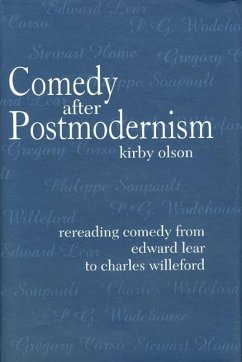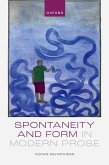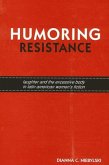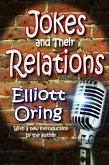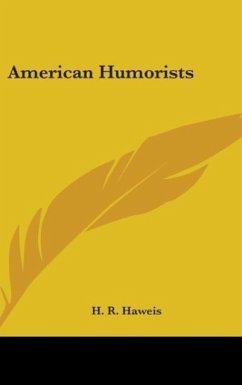Is comedy postmodern? Kirby Olson posits that no one has been more marginalized than the comic writer, whose irreverent truths have always made others uncomfortable. In a literary age that purports to champion diversity, comic writers remain an underclass huddling at the fringes of the canon. Olson challenges the status quo by inviting the comic writer into the center of literary debate. In the growing discipline of humor studies, Olson is the first to create a substantial link between the fields of comedy and postmodernism, discovering in comic writers a philosophy of oddness and paradox that parallels and extends the work of the major postmodern thinkers. With elegant clarity, Comedy After Post-modernism examines: Edward Lear as he invents a comic picturesque to challenge the sublime of Kant and Ruskin Gregory Corso as he explodes the Great Chain of Being of his early Catholicism Philippe Soupault as a comic surrealist undoing the sacrificial aesthetics of Andre Breton P.G. Wodehouse as a social thinker with surprisingly deep affinities to anarchist Peter Kropotkin and radical social theorist Charles Fourier Stewart Home, the infamously violent punk author, as a pacifist whose narrative questions Marxist-anarchist terrorism in favor of patience and tolerance Charles Willeford, the maestro of the black humor police procedural, as a postmodern philosopher who deepens the problems of ethical and aesthetic judgment after postmodernism.
Hinweis: Dieser Artikel kann nur an eine deutsche Lieferadresse ausgeliefert werden.
Hinweis: Dieser Artikel kann nur an eine deutsche Lieferadresse ausgeliefert werden.

